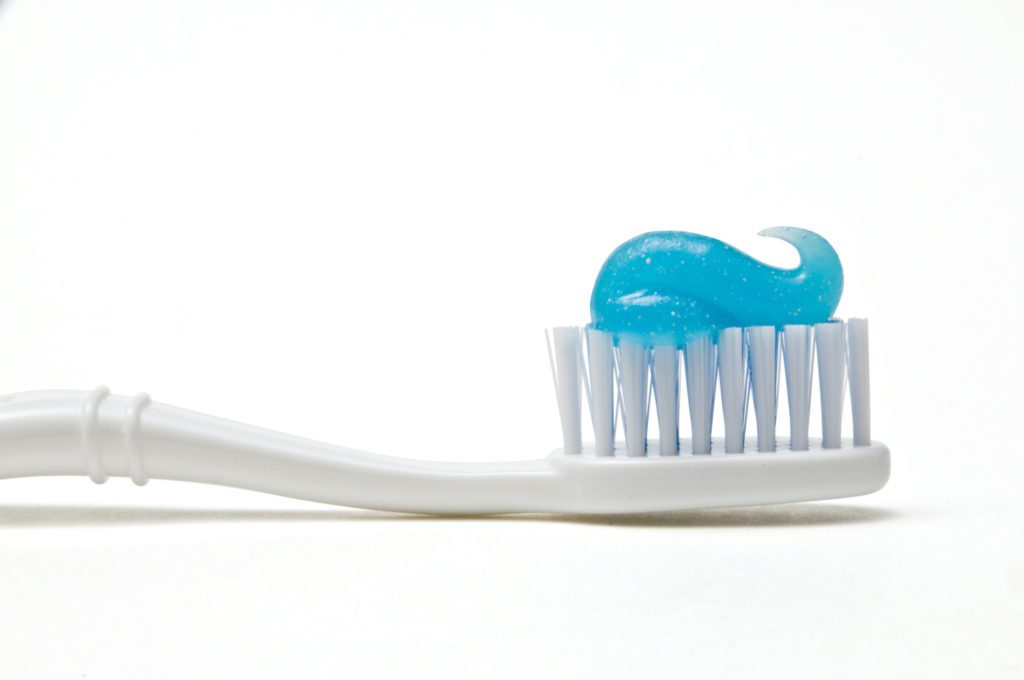You probably know by now that you should be brushing your teeth at least twice a day. But do you know how to properly take care of your toothbrush for the ideal results? Dr. Mark Sowell, a dentist in Plano, TX, discusses how to take care of your toothbrush.
Wash Your Hands Before Brushing
Whether it’s our phones, computers, or pets, think of all of the places your hands touch throughout the day. Even if you’ve washed your hands recently, you’ve probably touched many things since then. You want to avoid bringing the germs from these surfaces into your mouth. Wash your hands before you pick up your toothbrush so they’re as clean as possible.
Don’t Use Too Much Force
Both your teeth and your toothbrush can suffer if you’re brushing your teeth too hard. If you’re using a lot of pressure, it may be removing more than just the plaque and tartar from your teeth. Pressure can actually remove the enamel itself, leading to teeth that are more susceptible to tooth decay and other issues.
Your toothbrush won’t fare well either. The bristles on the brush won’t be in the right position. They can fray and spread out because of the force being used in one area. Sometimes, the bristles can even fall out. This leaves you with a toothbrush that can’t do its job properly. You won’t be getting an effective clean.
Always Rinse Your Brush
You should always rinse off your brush when you’re done brushing your teeth. While it’s cleaning your mouth, it’s picking up things like food particles and bacteria. Toothpaste is likely to get stuck in the bottom of the bristles. Use warm water to rinse it off. With clean hands, use your thumb to make sure that nothing sticks to the brush when you’re done.
Keep Your Toothbrush Dry
This is for when you’re not using it, of course. You want to make sure you store it in a way that allows it to dry. Keep it upright, storing it in some sort of cup or holder. Laying it down means it won’t dry off fully. Before you put it in the holder, shake off your toothbrush to get rid of any excess water.
When moisture stays on your toothbrush, it makes it ripe for bacteria growth. Your toothbrush should help remove the bacteria in your mouth, not bring more into it. If you’re brushing your teeth with a brush covered in bacteria, you have a higher risk of developing oral health issues.
Replace When Needed
Toothbrushes don’t have an infinite lifespan. You should replace your toothbrush at least every three to four months. If you get sick or come into contact with someone sick, you may need to replace it to avoid bad bacteria buildup. If you notice the bristles getting bent out of shape, replace it as well.
Visit Your Dentist in Plano, Texas
Your ideal oral health can be reached with regular visits to our dentist office. Call us or schedule an appointment online.
